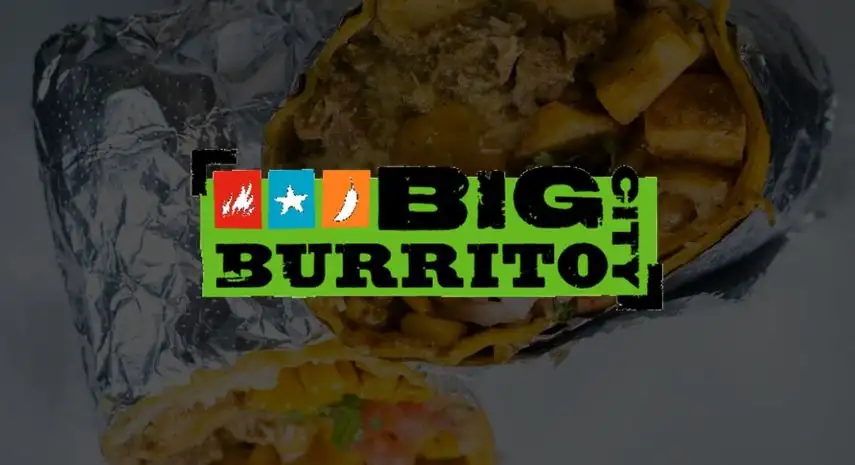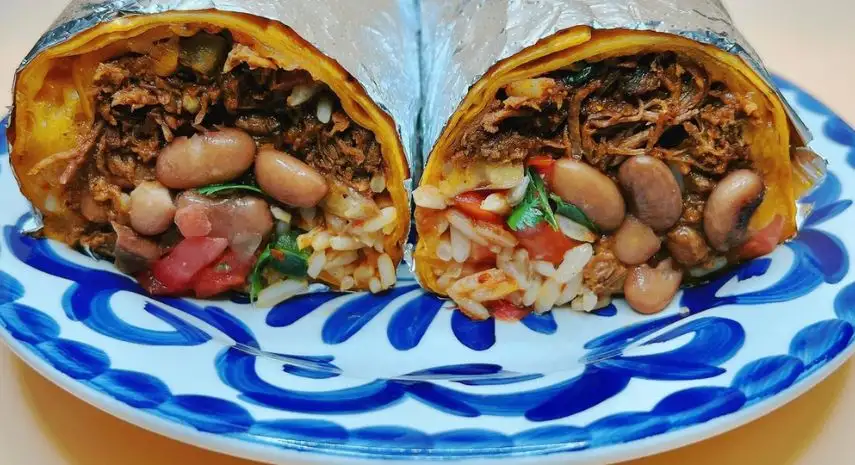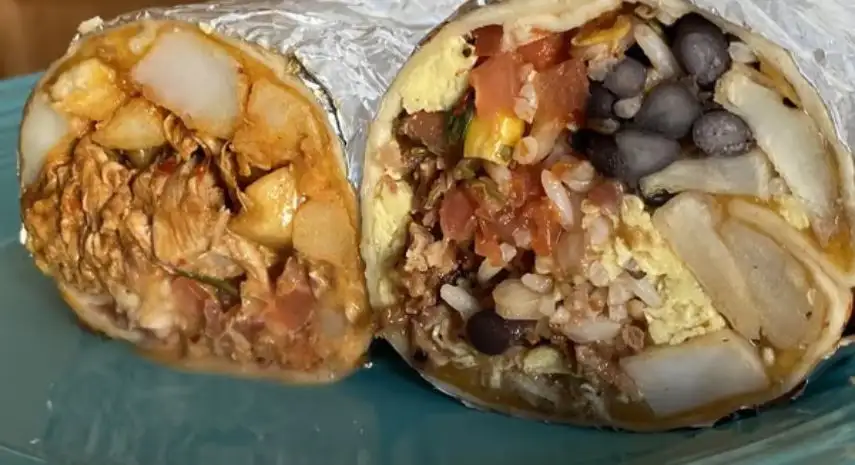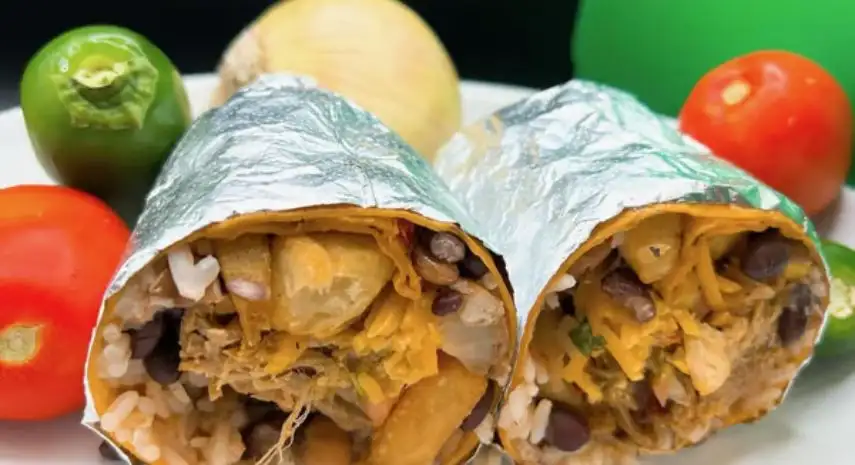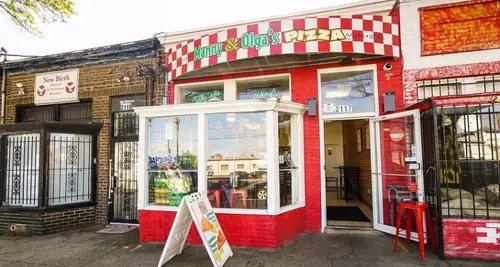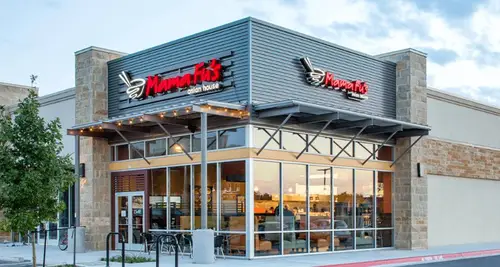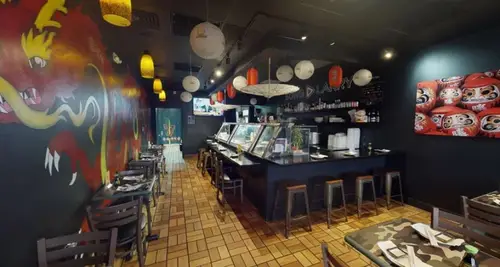Established
1994
Franchise Units
2
Minimum Investment
$200,000
Franchise Fee
$30,000
Total Investment Range
$500,000
Home Based
No
Description
The Big City Burrito franchise is a dynamic, fast-casual Mexican food brand that has become a local favorite for fresh, flavorful, and customizable burritos, tacos, and bowls. Known for its generous portions, bold flavors, and made-to-order approach, Big City Burrito is more than just a restaurant—it’s an experience built on authenticity and community. With the increasing demand for high-quality Mexican food in the USA, the brand has positioned itself as a leader in the booming fast-casual dining sector.
Franchisees benefit from a proven business model that blends speed, taste, and affordability, appealing to today’s on-the-go customers who crave quality and consistency. Whether located in urban hubs, suburban neighborhoods, or near college campuses, Big City Burrito has built a reputation for being a go-to destination for satisfying meals that are both filling and affordable.
Why Invest in this Franchise?
Investing in a Big City Burrito franchise offers multiple advantages:
-
High-Growth Industry: The Mexican food category is one of the fastest-growing segments in the U.S. food industry.
-
Proven Concept: With years of operational success, the brand has honed a menu and business model that delivers strong unit-level economics.
-
Customizable Menu: Customers enjoy a personalized dining experience, making the brand appeal to a wide demographic.
-
Operational Simplicity: Streamlined operations and a focused menu reduce waste and increase efficiency.
-
Brand Recognition: Strong local presence with opportunities to scale nationally.
-
Ongoing Support: Franchise owners receive continuous assistance with marketing, training, and operations.
Background
Established Year: 1994
Founders: Big City Burrito was founded in Fort Collins, Colorado by a group of entrepreneurs passionate about creating hearty, flavorful burritos with fresh ingredients and a community-driven approach.
Franchise Units (Current Number): 2 active locations – Fort Collins and Loveland, Colorado.
Brand Journey & Company History:
Big City Burrito began as a small, locally owned burrito shop in Fort Collins. What set it apart was its focus on oversized burritos, bold flavors, and high-quality ingredients. Its commitment to serving food that was both affordable and satisfying quickly made it a favorite among college students, working professionals, and local families.
Over the years, the brand built a strong reputation in Northern Colorado, and its success inspired expansion to Loveland. While the chain has remained regionally concentrated, the franchise model was developed to bring the Big City Burrito experience to more U.S. markets.
Ownership & Growth Strategy:
Originally independently owned, Big City Burrito transitioned toward franchising as demand grew. Its mission has been to preserve the authentic local feel while creating a scalable model for entrepreneurs interested in the fast-casual Mexican dining sector.
Market Presence in USA:
Currently, Big City Burrito is a regional franchise with strong brand recognition in Colorado, and it has significant growth potential in other states where fast-casual Mexican cuisine is booming. With the U.S. Mexican restaurant industry valued at over $70 billion annually, Big City Burrito is positioned as a franchise with strong expansion opportunities in urban, suburban, and university-driven markets.
Industry Category:
Big City Burrito operates within the Fast-Casual Mexican Restaurant Franchise Industry, a segment that continues to thrive thanks to consumer demand for customizable, fresh, and convenient meals. Competitors include brands like Chipotle, Qdoba, and Moe’s Southwest Grill, but Big City Burrito differentiates itself with its oversized burritos, signature sauces, and localized community-driven approach.
Support Training
Big City Burrito is committed to franchisee success and offers comprehensive support at every stage:
-
Pre-Launch Support:
-
Site selection assistance and demographic analysis.
-
Store design, layout, and build-out guidance.
-
Vendor relationships and supply chain setup.
-
-
Operational Training:
-
In-depth franchisee and staff training covering food preparation, customer service, inventory management, and daily operations.
-
Standardized recipes and operational manuals.
-
-
Marketing & Branding Support:
-
Local and national marketing campaigns.
-
Digital marketing strategies, including social media and online ordering integration.
-
Grand opening marketing package to drive initial traffic.
-
-
Ongoing Support:
-
Field support representatives for continuous performance improvement.
-
New product development and seasonal promotions.
-
Access to an exclusive franchisee portal for resources, tools, and updates.
-
Ideal Candidate
The ideal Big City Burrito franchisee is an entrepreneur who is passionate about food, hospitality, and community engagement.
-
Business Background: Prior restaurant experience is helpful but not required; franchisees should have strong leadership, people management, and customer service skills.
-
Passion: A genuine love for food, community interaction, and delivering a consistent dining experience.
-
Investment Capability: Ability to meet financial requirements, including initial investment and ongoing operational costs.
-
Preferred Locations: High-traffic urban centers, suburban shopping complexes, near universities, and in areas with a young, vibrant demographic.
-
Growth Mindset: Open to multi-unit ownership and expanding operations within a territory.
Financial Detail
Investing in a Big City Burrito franchise requires a reasonable entry point compared to other fast-casual brands. Below are the estimated financial details (figures are illustrative and may vary by location):
-
Total Investment Required: $250,000 – $500,000
-
Minimum Investment Required: $200,000
-
Franchise Fee: $30,000 – $40,000
-
Franchise Units: Multiple operating units, with expansion opportunities available.
-
Infrastructure Cost: Includes store build-out, kitchen equipment, signage, and furnishings ($150,000 – $300,000).
-
Marketing Budget: $10,000 – $20,000 allocated for initial and ongoing campaigns.
-
Working Capital: $25,000 – $50,000 recommended for daily operations.
-
Royalty Fees: 5% – 6% of gross sales.
-
Expected ROI: Franchisees can expect return on investment in 2 – 3 years with proper management.
-
Break-Even Time: Estimated at 12 – 18 months depending on location and market conditions.
-
Potential Revenue Streams: In-store dining, takeout, delivery partnerships, catering services, and branded merchandise.

